For what it’s worth, HE believes that Jeremy Strong’s haunting performance as Roy Cohn in The Apprentice is 2024’s most impressive performance in the Best Supporting Actor realm, and obviously deserving of rank-and-file Academy acclaim.
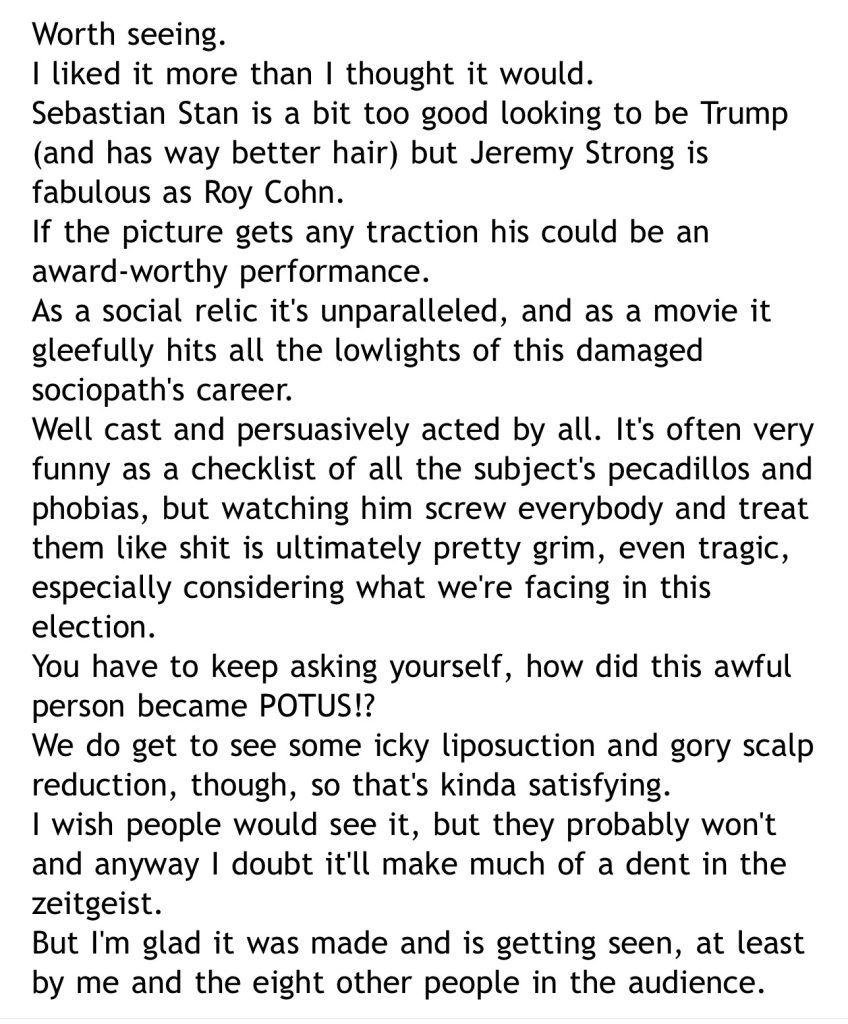
For what it’s worth, HE believes that Jeremy Strong’s haunting performance as Roy Cohn in The Apprentice is 2024’s most impressive performance in the Best Supporting Actor realm, and obviously deserving of rank-and-file Academy acclaim.

…about the recent announcement (which Jordan Ruimy was on top of early) that Martin Scorsese‘s Frank Sinatra project has once again been knocked off the rails…thank you, Jesus!
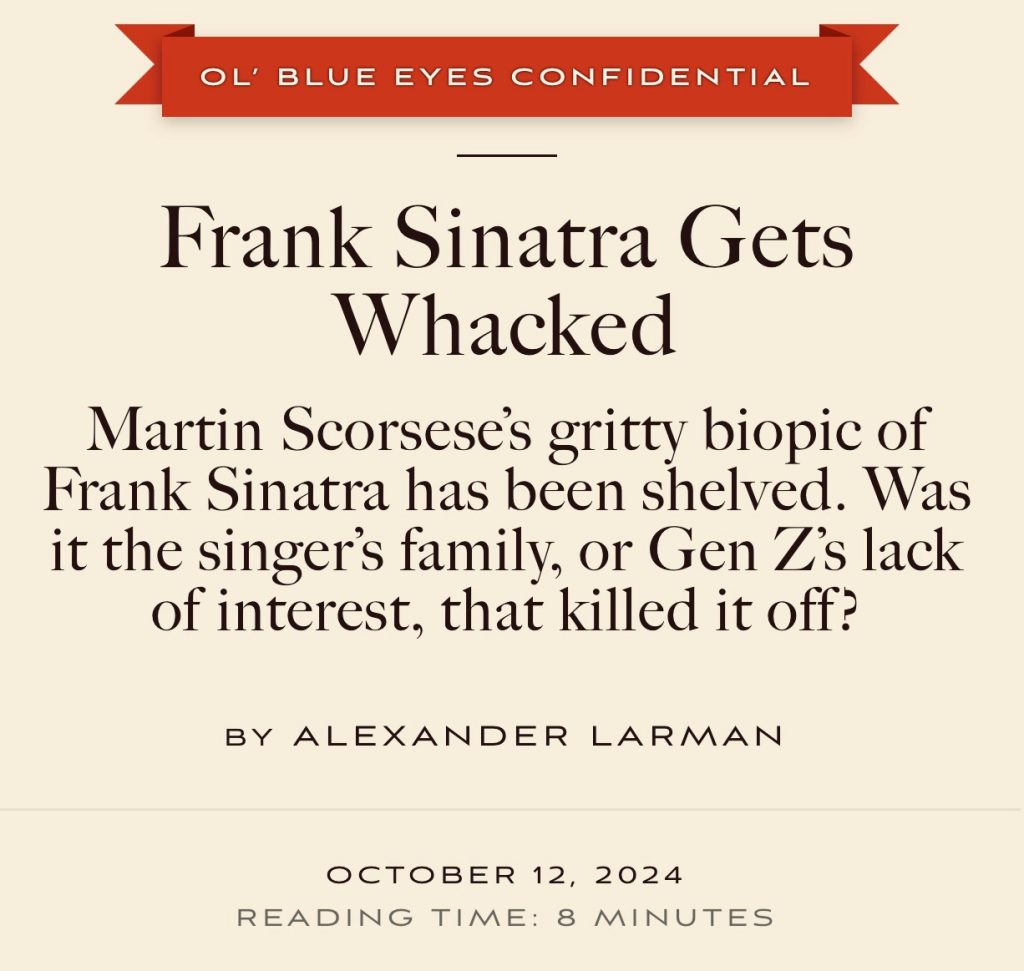
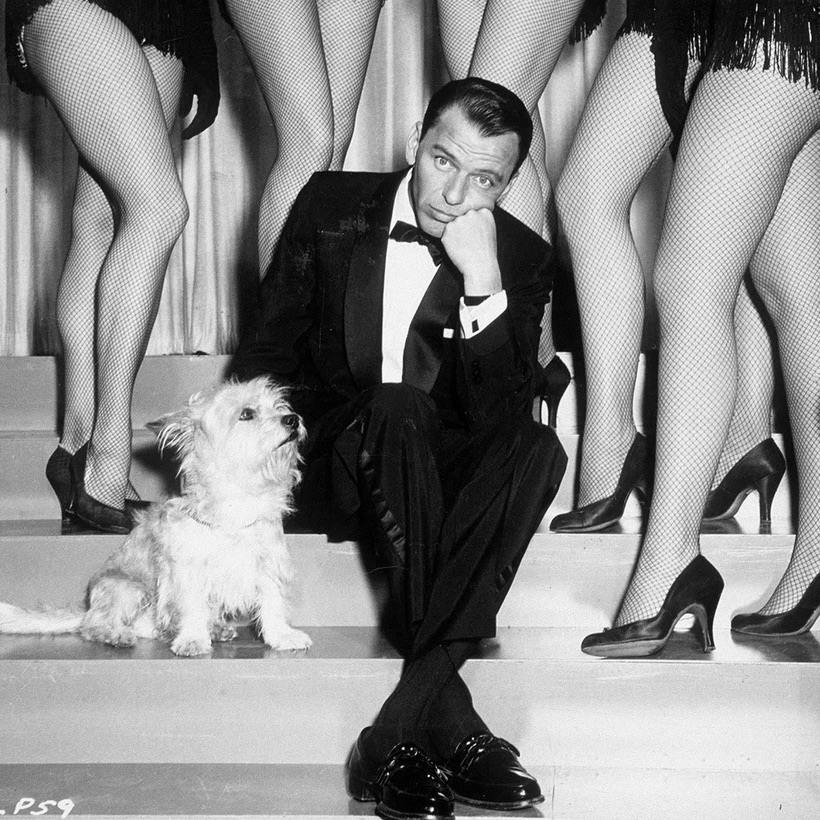
…when Star Wars storm troopers didn’t have gender identity issues of any kind? When they were just plain old storm troopers and nothing else?
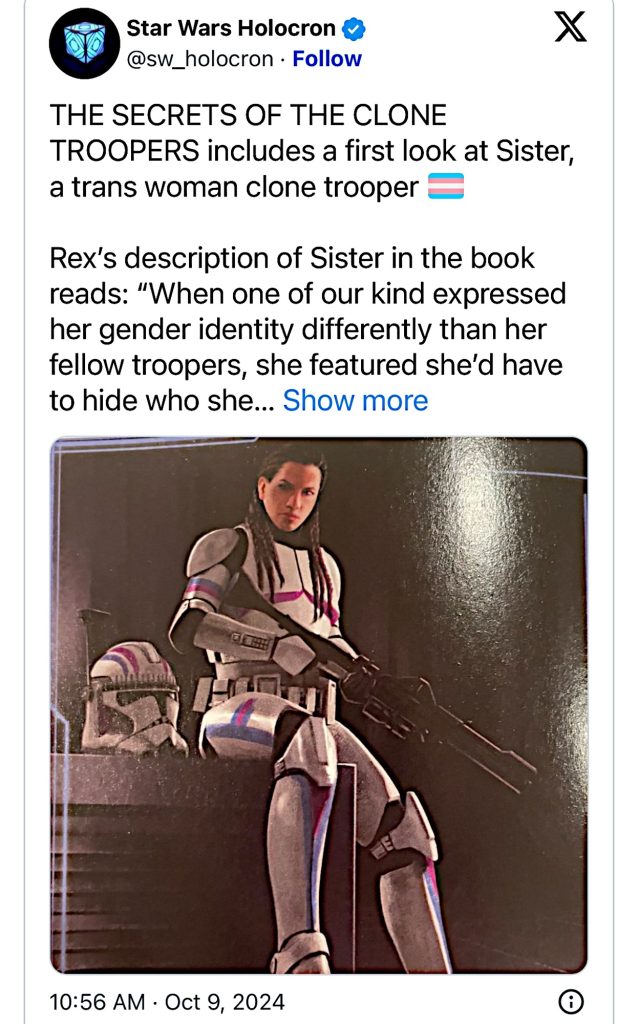
Bong Joon-ho is the new Terry Gilliam, and I’m shuddering at the prospect. I say this knowing I’ll have to sit through this effing thing. You think it won’t be a miserable experience? Think again.
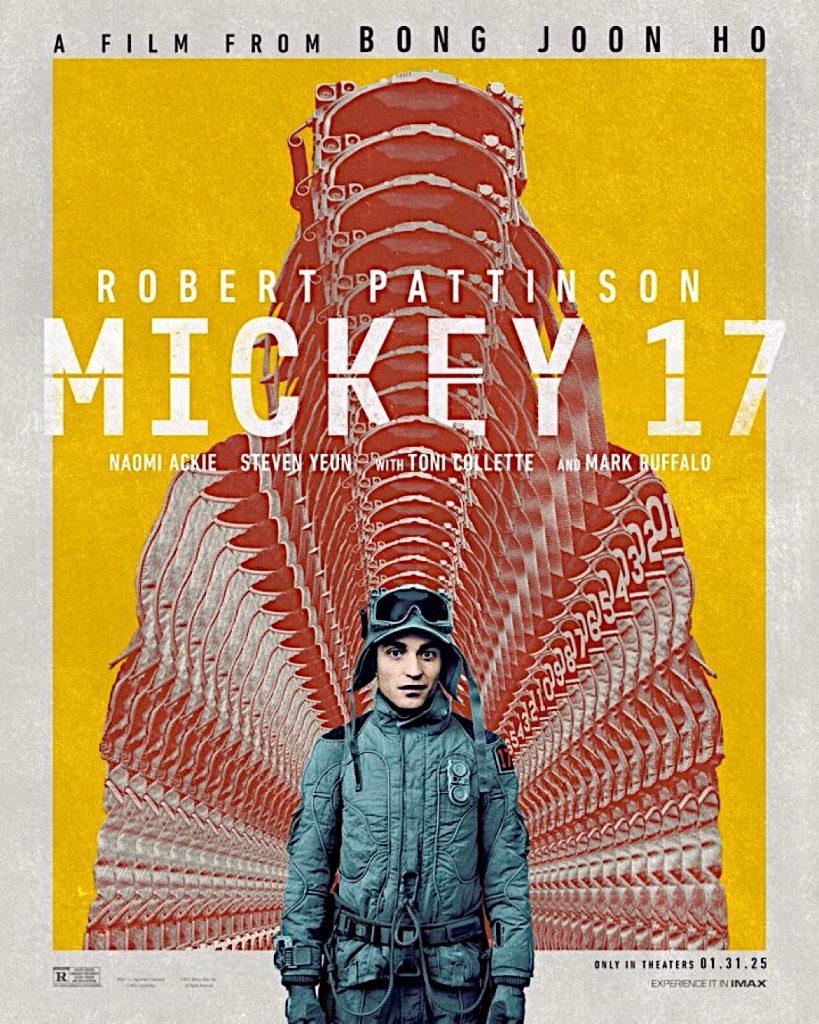
Owen Gleiberman’s Variety review shoves a blade between the ribs of Blitz.
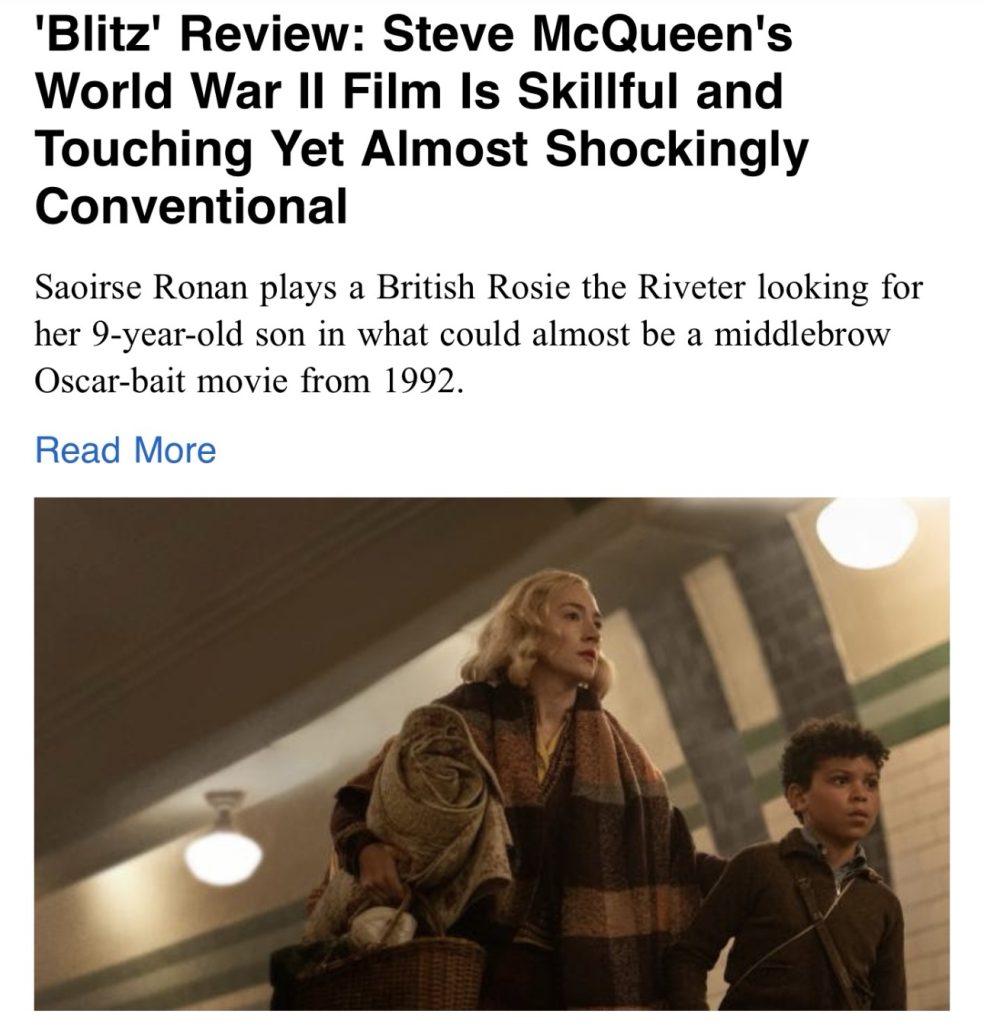
Sasha Stone deleted the torch-carrying natives, added the heads of the Kodak Theatre swells. It just has to be up-rezzed, cleaned up.
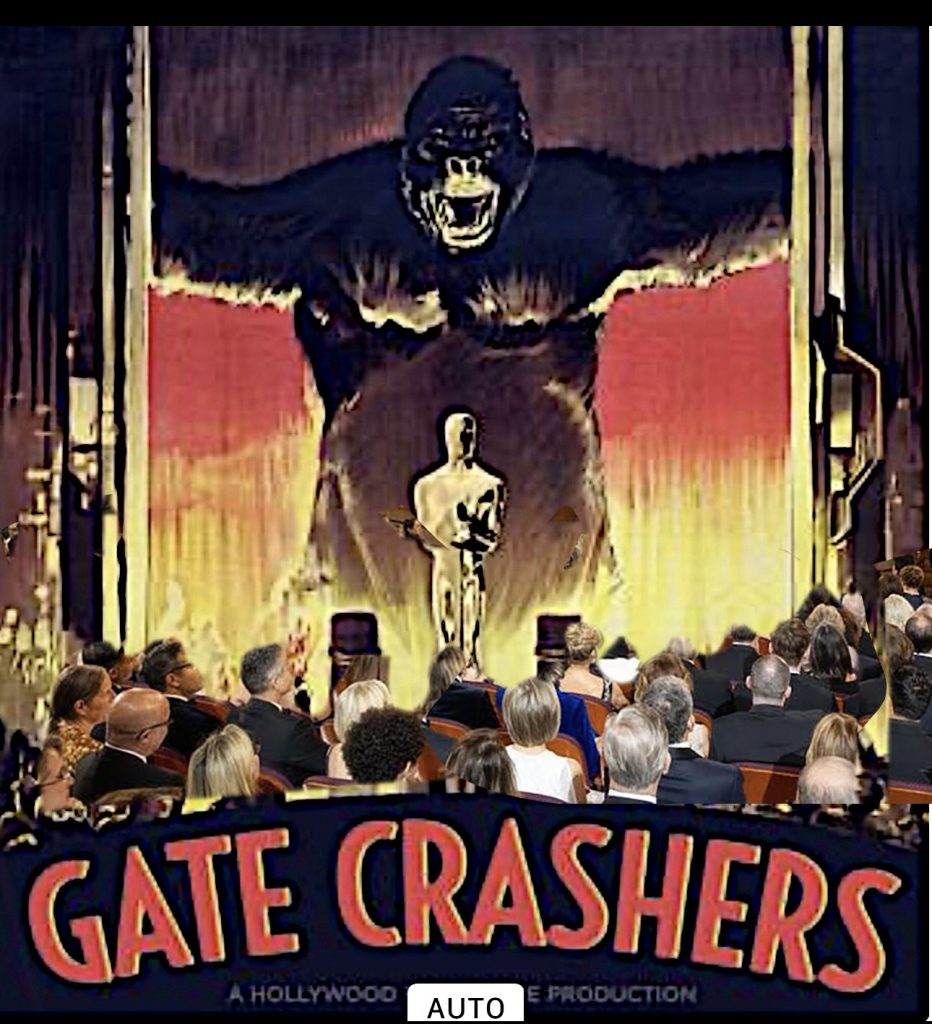
In a brief summary posted this morning by CNN’s Jamie Gangel, Jeremy Herb and Elizabeth Stuart, it’s revealed that Bob Woodward’s “War” contains several juicy, profane quotes, many if not most of them spoken by President Biden.
One excerpt quotes Biden describing former President Trump as “that fucking asshole.”
Another stand-out excerpt is a privately conveyed judgment by Biden that former President Obama’s weak response to Vladimir Putin’s invasion of Crimea in 2014 motivated Putin’s invasion of Ukraine in early ‘22.
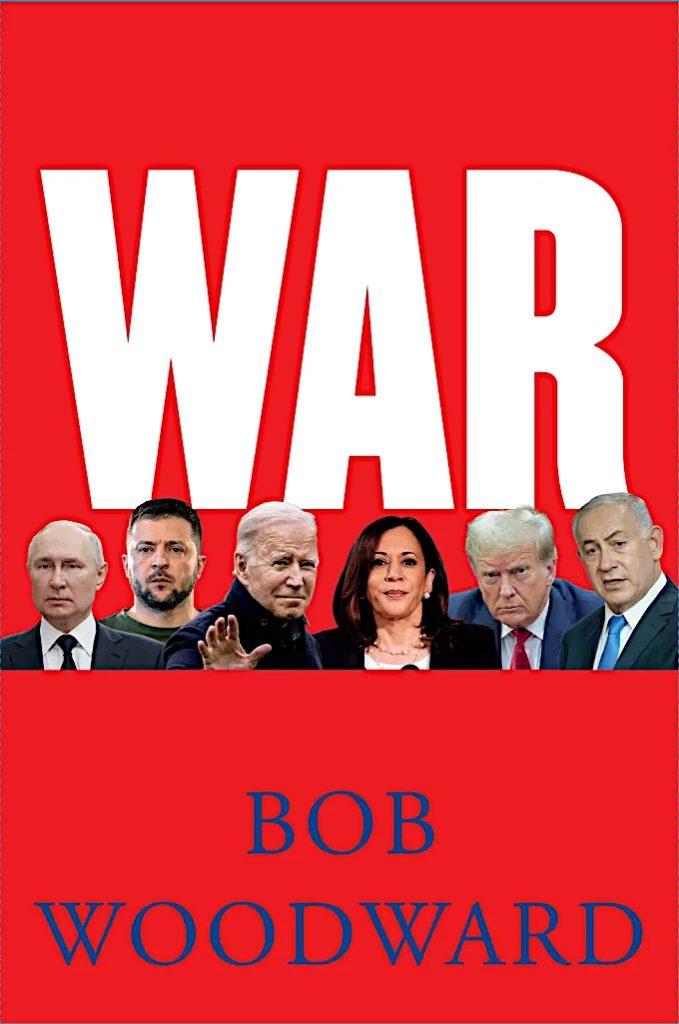


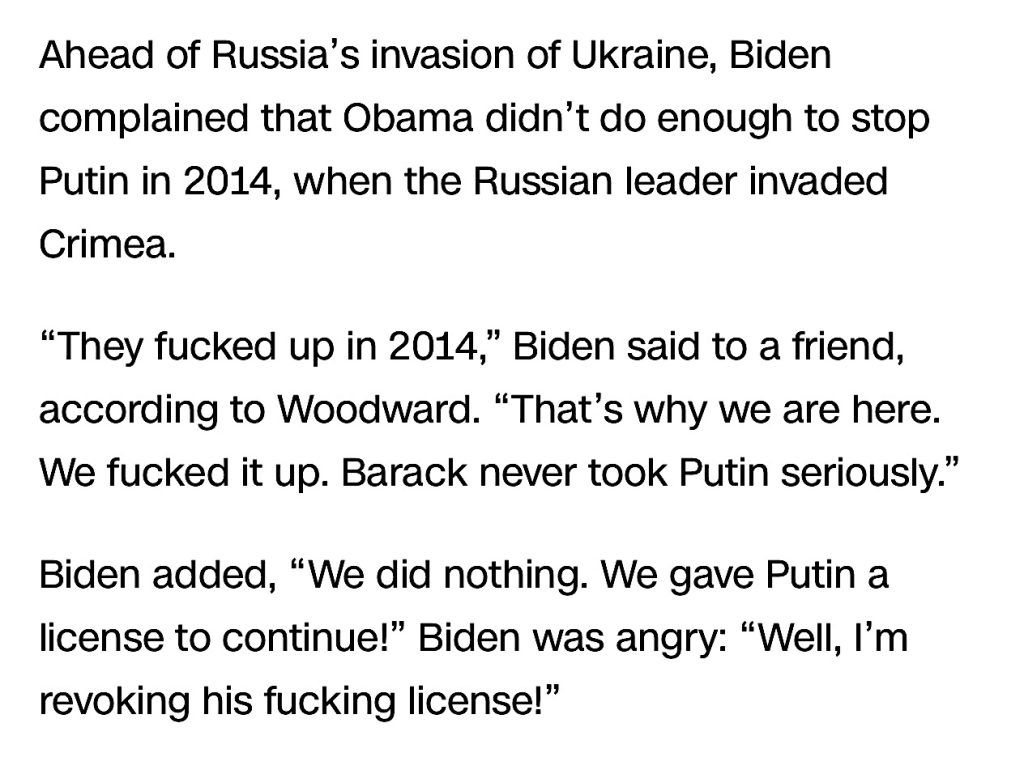
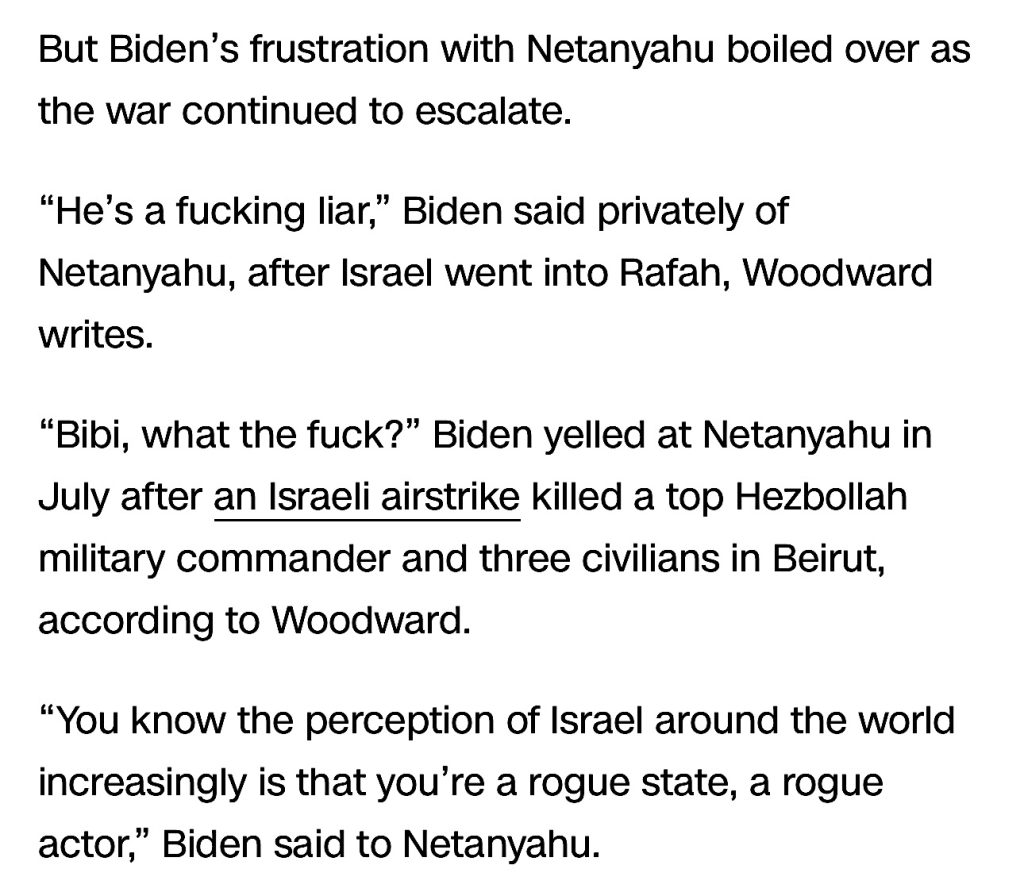
Mark Frenden’s GATE CRASHERS logo and title treatment is 90% satisfying. Because the red title is off-balance and a bit oddball— it doesn’t quite stand up to the big funny ape. And we don’t really need the Oscar statuette. Am I wrong?
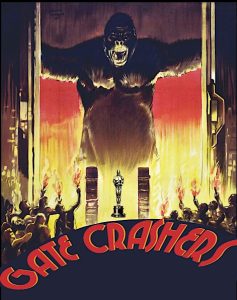
So it’s reasonable to presume that some kind of feisty slap-around might happen from time to time. Presumably Walz has prepared some zingers a la Lloyd Bentsen to Dan Quayle (“Senator, you’re no Jack Kennedy”), and I mean something more here-and-now than just calling Vance “weird.” Vance will lie his ass off, of course.
Barring a limo trip to JFK or LGA, HE expects to live-blog this evening’s 9 pm debate, airing on CBS and coming from the CBS Broadcast Center on West 57th Street (between 10th and 11th avenues).

